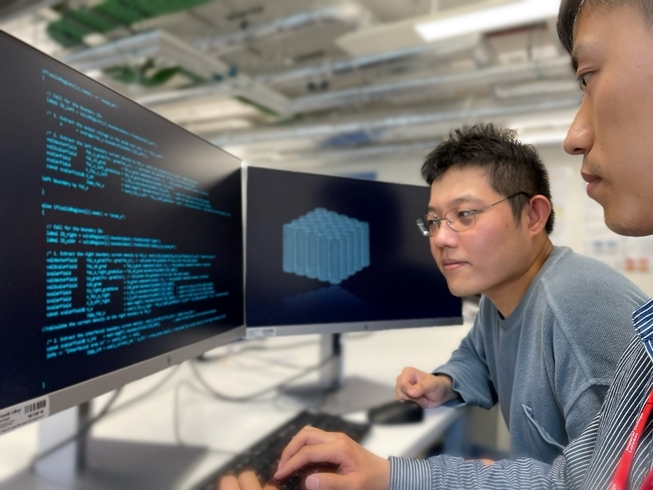- Williams Advanced Engineering and Imperial College London are collaborating to advance the understanding of the initiation and propagation of thermal runaway
- The project aims to bridge the gap between thermofluid science and battery electrochemistry, developing a multiphase, multiphysics model of battery failure via thermal runaway
- The program complements the Faraday Institution’s Multi-Scale Modelling and SafeBatt projects
Imperial College London and Williams Advanced Engineering (WAE) are working on a project to bridge the gap between thermofluid science and battery electrochemistry; developing a first-of-a-kind multiphase multiphysics model of battery failure via thermal runaway (a self-sustaining cascade of exothermic reactions that produce large volumes of gas). The model will consider gas dynamics and their interactions with electrochemical and thermal behaviors, to advance the understanding of initiation and propagation of the thermal runaway processes and accelerate the design of countermeasures. 
The work that the Electrochemical Science and Engineering research group at Imperial College London has achieved in the battery field aligns with WAE’s interest in offering greater battery safety and longevity. Achieving this will deliver cost-effective electrification solutions to benefit both WAE and the global client base.
Applying the multiphase multiphysics modeling toolsets will enable the design of safer battery packs with fewer iterations and physical tests; saving time, costs, and materials.
As part of this program, WAE will provide thermal runaway/propagation test data which has been developed as a result of numerous Research and Development programs whilst the battery team will provide technical knowledge and industrial experience on battery safety designs helping steer the project to success.
Rob Millar, Head of Electrification, Williams Advanced Engineering commented “We are confident that the proposed study will bring tangible economic and environmental benefits and look forward to building on our long term partnership with the team at Imperial College London.”
Dr. Huizhi Wang of Imperial College London who is leading the project said “Understanding and modeling thermal runaway plays a crucial role in guiding the development of safer batteries but remains challenging due to the complexity of the process. We are excited to be working with Williams Advanced Engineering on this research project to address the key knowledge gaps in battery safety modeling.”


 How to resolve AdBlock issue?
How to resolve AdBlock issue?